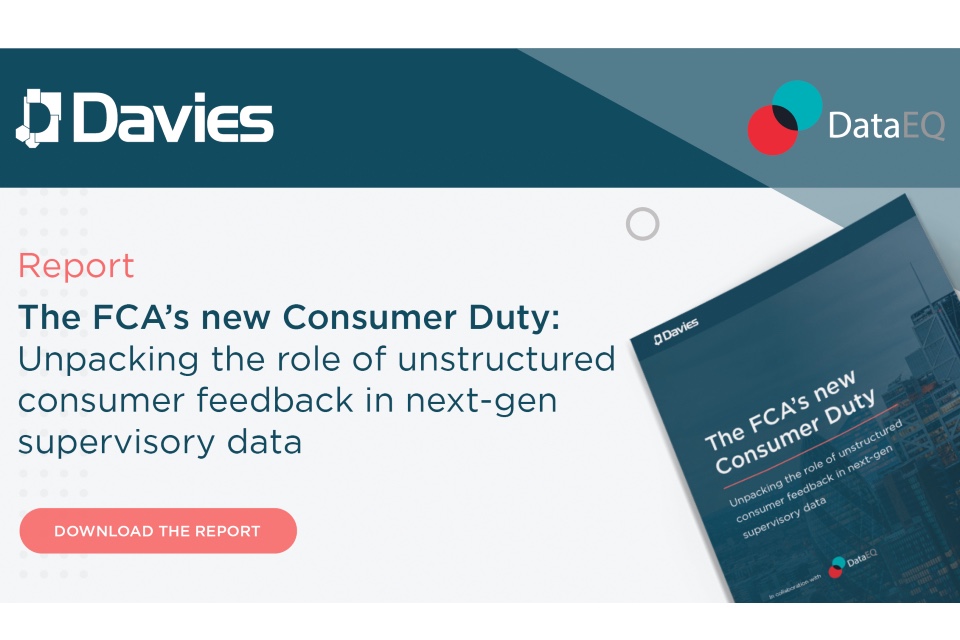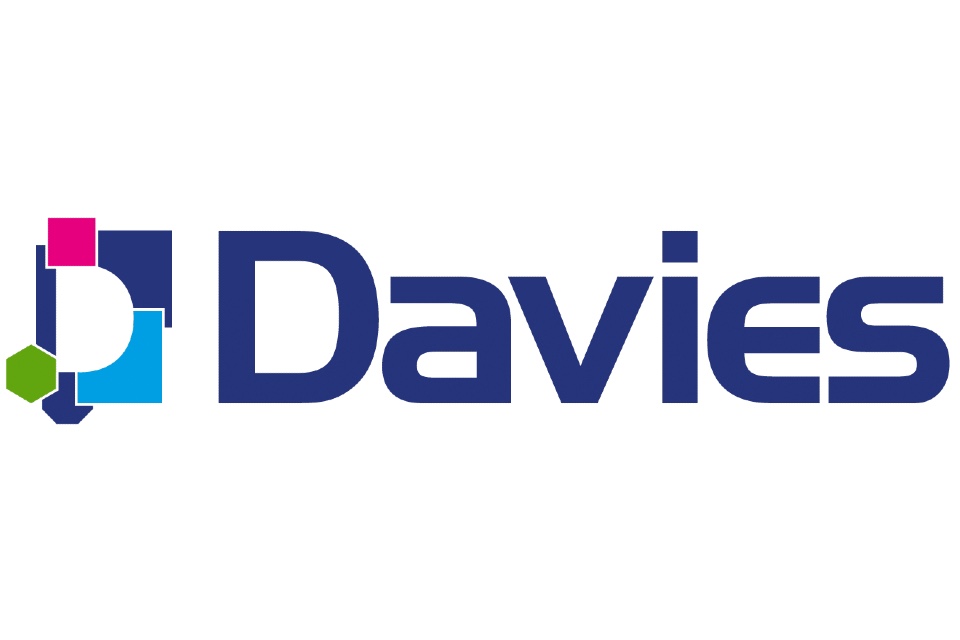Contact Centre & Customer Services Summit – Final delegate places released
https://contactcentresummit.co.uk/wp-content/uploads/2019/02/Meeting-3.jpg 960 640 Stuart O'Brien Stuart O'Brien https://secure.gravatar.com/avatar/81af0597d5c9bfe2231f1397b411745a?s=96&d=mm&r=gYou can still secure a place at the upcoming Contact Centre & Customer Services Summit – delegate attendance is free to qualified contact centre industry professionals.
Unlike large expo’s, this intimate, hassle-free event allows you to build beneficial business relationships with suppliers that match your current project/business requirements. No hard sell, just a chance to meet 1-2-1 and explore your options.
Our confirmed attendees already include peers from companies including; British Airways, Decathalon, Slater & Gordon, LV=, Poundland, Urban Outfitters, Virgin Atlantic, Starbucks, Berkley Homes, Govia Thameslink Railway, Hurtigruten and Motorpoint – to name a few.
Your invitation is inclusive of full hospitality including overnight accommodation, a drinks reception and evening dinner, a seat at our 4 industry seminar sessions, and lunch/refreshments throughout (all free of charge) – view current speaker line-up here
Monday 25th – Tuesday 26th April
Radisson Hotel & Conference Centre
Click here to confirm your place – it would be great to have you there!







